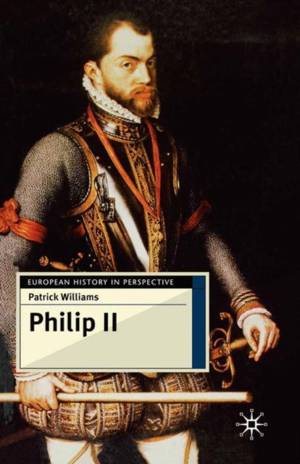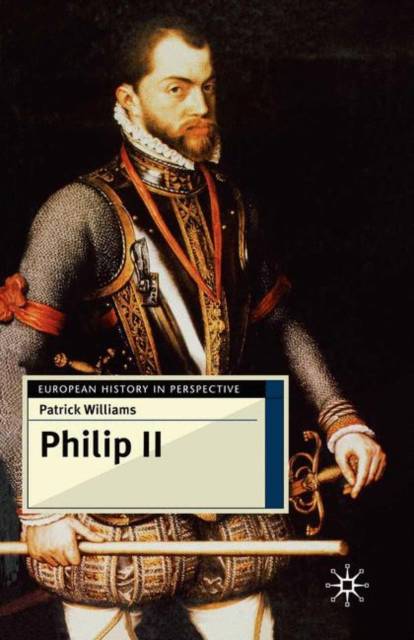
- Afhalen na 1 uur in een winkel met voorraad
- Gratis thuislevering in België vanaf € 30
- Ruim aanbod met 7 miljoen producten
- Afhalen na 1 uur in een winkel met voorraad
- Gratis thuislevering in België vanaf € 30
- Ruim aanbod met 7 miljoen producten
Omschrijving
Four hundred years after his death, Philip II remains one of the most controversial figures in history, admired and reviled in equal measure. He is a figure of global importance, the first ruler on whose territories the sun never set. He led Europe in its defence against the seemingly irresistable power of the Ottoman Empire and many of the nations of Western Europe were forged in part by their responses to his ambitions - Portugal was conquered and most of Italy was controlled by him, while the Low Countries, England and France fought long and bitter wars against him. Philip proclaimed himself the leader of Catholic Europe but quarrelled incessantly with the popes of the Counter-Reformation. In consolidating his monarchy in Spain, Philip used the arts as a political tool; Titian and Palestrina did some of their greatest work for him.
This new study traces the development of Philip II and of a kingship that lay at the heart of European political, religious and cultural evolution. It looks in detail at the ministers who worked with this most demanding of kings and at the government that evolved during his reign. It deals also with the pressures of a tortured private life and explores the paradox of a man who as a young ruler was deeply prudent but who became extraordinarily aggressive in his old age and who by his successes and failures - both of them on an epic scale - re-shaped the world in which he lived.Specificaties
Betrokkenen
- Auteur(s):
- Uitgeverij:
Inhoud
- Aantal bladzijden:
- 302
- Taal:
- Engels
- Reeks:
- Reeksnummer:
- nr. 85
Eigenschappen
- Productcode (EAN):
- 9780333630433
- Verschijningsdatum:
- 1/08/2001
- Uitvoering:
- Paperback
- Formaat:
- Trade paperback (VS)
- Afmetingen:
- 140 mm x 214 mm
- Gewicht:
- 381 g

Alleen bij Standaard Boekhandel
Beoordelingen
We publiceren alleen reviews die voldoen aan de voorwaarden voor reviews. Bekijk onze voorwaarden voor reviews.











